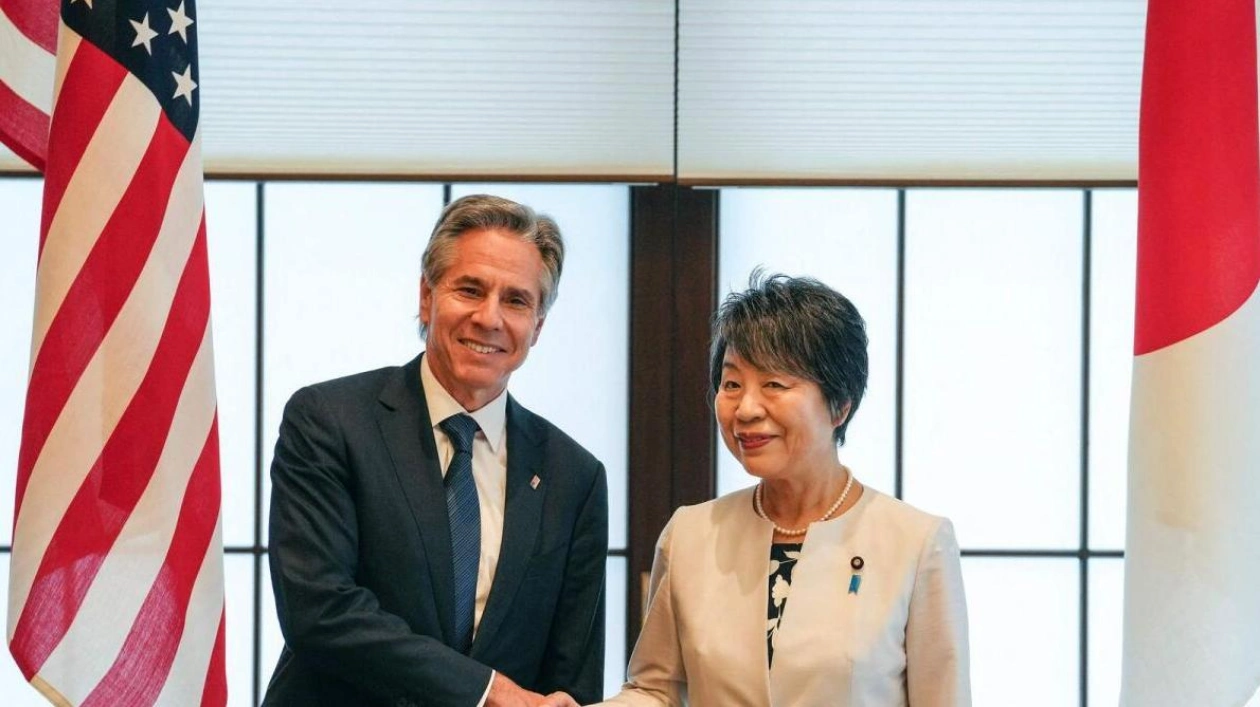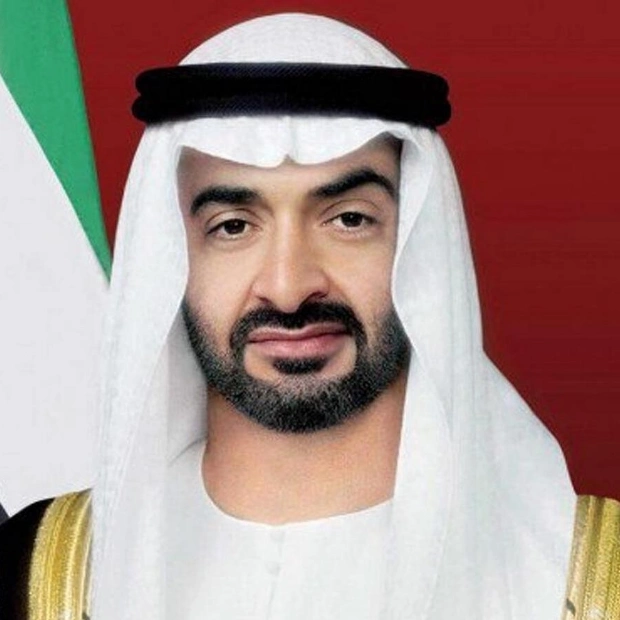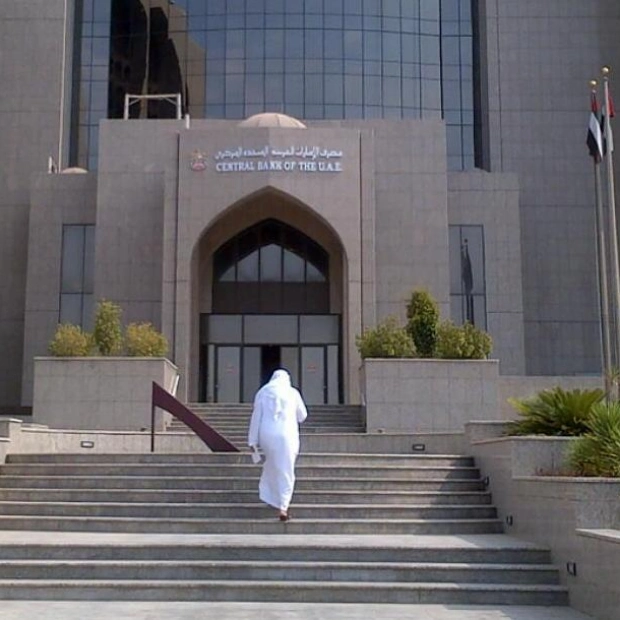On Sunday, the United States unveiled a significant restructuring of its military command in Japan to enhance coordination with Japanese forces, as both nations identified China as the "greatest strategic challenge" in the region. This announcement came after security discussions in Tokyo involving US Secretary of State Antony Blinken, Secretary of Defense Lloyd Austin, and their Japanese counterparts, Yoko Kamikawa and Minoru Kihara.
Austin revealed that the US Forces Japan would be elevated to a joint force headquarters with expanded missions and operational responsibilities, marking the most substantial modification since its inception and one of the most robust enhancements in US-Japan military ties in seven decades. The ministers agreed in a joint statement that this new command structure would be implemented alongside Japan's plans to establish a unified command for its forces by March 2025. This restructuring is part of several initiatives to address the changing security environment.
Austin clarified that the command upgrade was not in response to any specific threat from China but was driven by the allies' desire to collaborate more closely and effectively. Japan serves as a critical base for US military projection in Asia, hosting 54,000 American troops, numerous US aircraft, and the only forward-deployed aircraft carrier strike group. The new US command in Japan will be led by a three-star general, although Austin did not rule out the possibility of a four-star commander in the future, as seen in South Korea.
For the first time, the ministers discussed "extended deterrence," referring to the US commitment to use its nuclear forces to deter attacks on allies. This is a sensitive topic in Japan, which advocates for nuclear non-proliferation and is the only nation to have experienced atomic bombings. The countries explored reinforcing extended deterrence to promote regional stability and prevent conflict, although details were sparse.
The allies also expressed concern over Russia's acquisition of ballistic missiles from North Korea to support its war in Ukraine and the potential for Moscow to transfer weapons of mass destruction or missile-related technology to Pyongyang. North Korea has threatened to "totally destroy" its enemies in the event of war. Austin and Kihara also met with South Korean Defense Minister Shin Won-sik, signing an agreement to institutionalize trilateral cooperation through real-time sharing of North Korean missile warning data and joint military exercises.
The Biden administration is pushing for deeper cooperation between Tokyo and Seoul, whose strained relations trace back to Japan's occupation of Korea from 1910 to 1945. This memorandum strengthens the cooperation between Japan, the United States, and South Korea, ensuring an unshakable partnership regardless of international changes. Washington also seeks to leverage Japanese industry to alleviate pressure on US weapons manufacturers strained by demands from conflicts in Ukraine and the Middle East. Tokyo and Washington are exploring various collaborations, including advancing missile co-production efforts and enhancing supply chain resilience and facilitating ship and aircraft repair.






